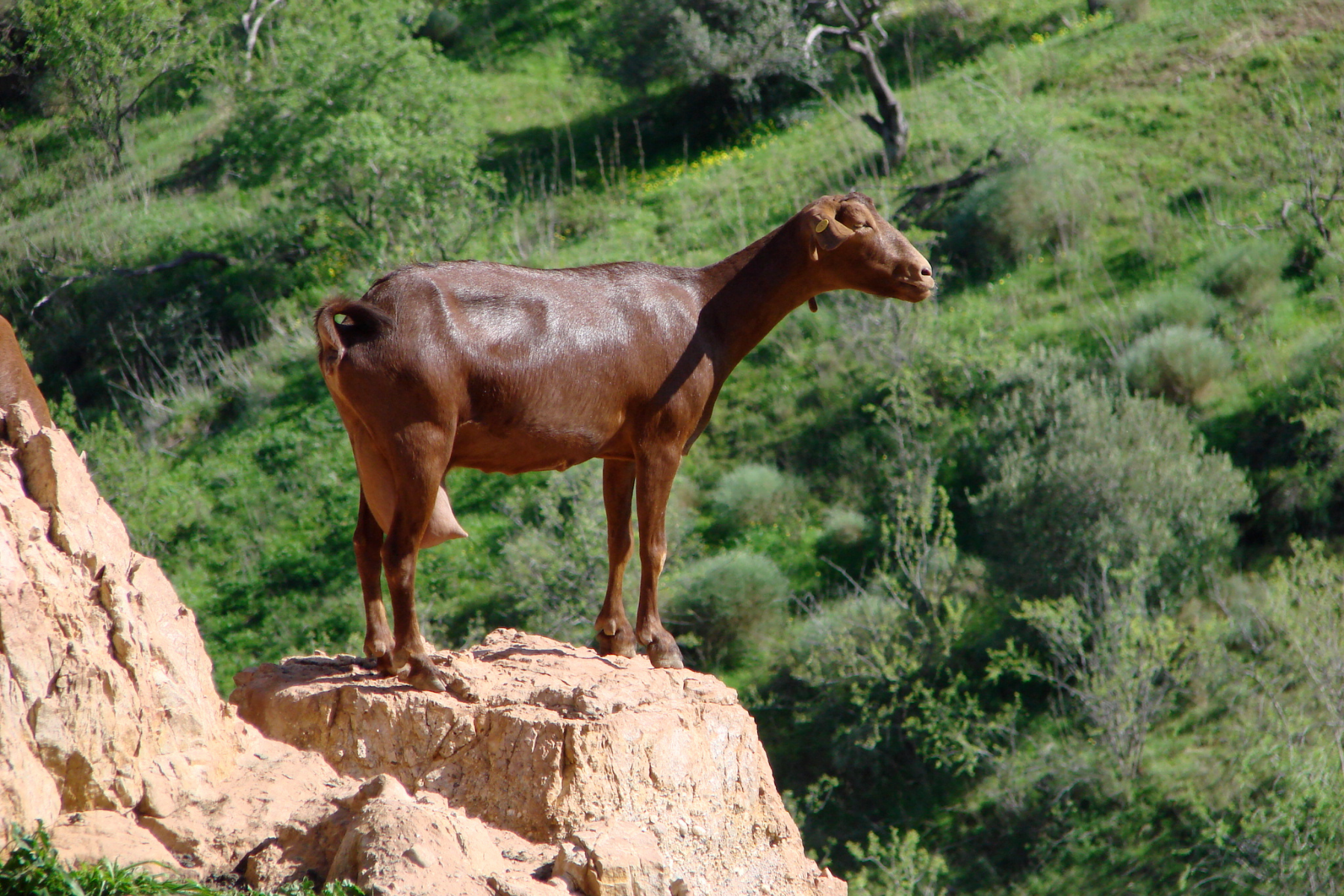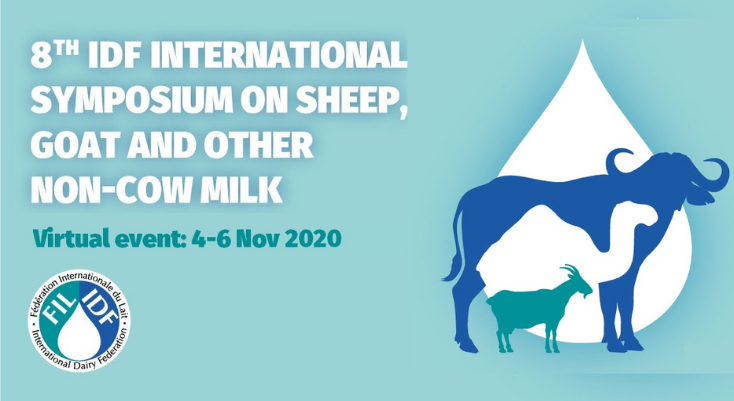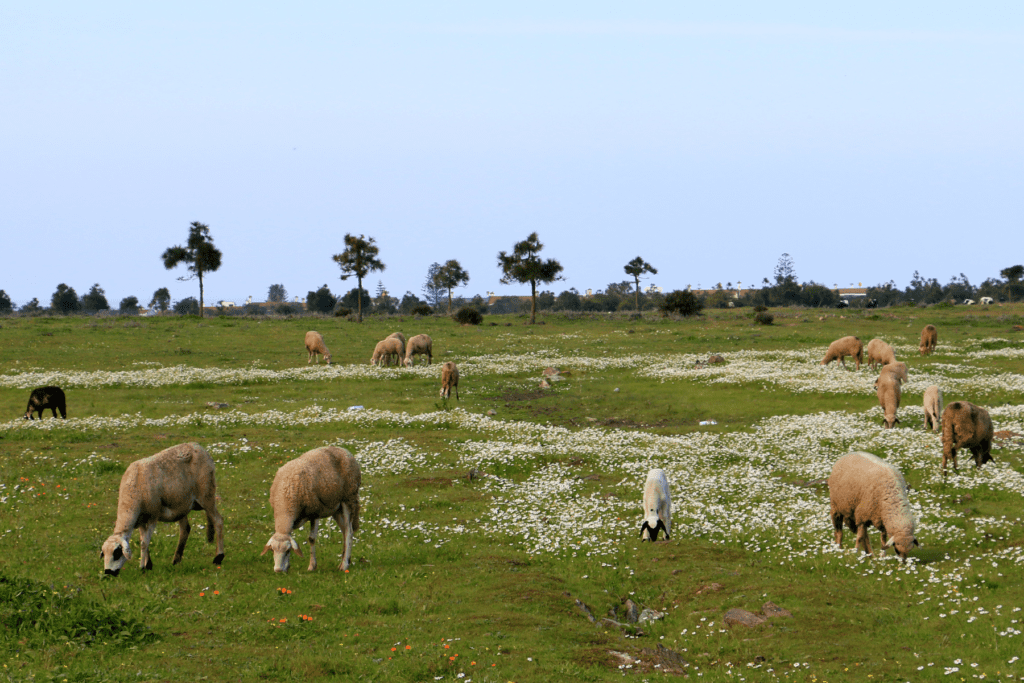IDF held its first-ever virtual symposium on Sheep, Goat, and other non-Cow milk between the 4-6 November 2020. It was a chance for the global dairy community to come together and discuss the latest advances about milk originating from other ruminants than cows on the fields of human nutrition and science and technology, as well as advances on animal health. The interactive hub was attended by over 150 attendees, presenting 74 abstracts on three symposium days and was a platform to exchange knowledge amongst a diverse range of stakeholders, including governments, IGO’s, academia, production, processing, consumers, and civil society. Attendees had the exclusive opportunity to review the recordings and supporting materials featuring the latest technical content.
Throughout the 3 days, over 35 speakers presented their work, including 10 keynote or invited speakers, selected abstracts, oral poster presentations as well as over 40 posters on varied subjects. The first day’s topic introduced the role of other dairy animals in sustainability (economic, social, and environmental), and how animal health strategies foster the sustainability of the dairy sector. Keynote speakers on this day included Dr Nicoline de Haan from International Livestock Research Institute, Kenya, who presented Socio-economic sustainability, policies, and social aspects of non-cow milk production, Dr Mohammed Bongoumi, Animal Production and Health Officer, Subregional Office of FAO in North Africa, Tunisia, who presented Climate change and animal genetic resources for food and agriculture: state of knowledge, risks, and opportunities as well as Anna-Maria Baka from the World Organisation for Animal Health on Global strategies for the control and eradication of Peste des Petits Ruminants.
The aim of the second day’s topic was to discuss the nutritional aspects of non-cow milk, their strengths, and applications, as well as the latest advances on technologies applied to these milk to produce sustainable and nutritious dairy products. These topics were presented by several scientific experts including 4 keynote speakers, Dr Sophie Gallier from Dairy Goat Co-operative, New Zealand introducing the topic of The role of goat milk for early life nutrition and other life stages, Assistant Professor Nurit Argov from the Hebrew University of Jerusalem, Israel on Improving value and quality of non-bovine milk by lactation physiology, Professor Thom Huppertz from Wageningen University & Research, The Netherlands on Processing technologies for non-bovine milk: opportunities and challenges and lastly Associate Professor Mutamed Ayyash from UAE University, the United Arab Emirates on Camel milk and its products, novelties, and challenges.
The last day of the symposium focused on Dairy Safety and Quality where speakers focused on investigating the relationship between udder health and milk quality. Participants were also provided with advice on improved, successful, profitable, and sustainable farm and food production systems. The session helped in highlighting the important role of milk and milk producers from other animals than cows on global food security and a sustainable food system. Keynote speakers included Olav Østerås, IDF Chair of the SC on Animal Health and Welfare who presented Somatic cell count in goat milk, and why they matter, and Dr Haim Leibovich, Farm advisor for Sheep and goat dairy systems, Israel who advised on ways to improve animal production.
More information can be found on the Abstract Book, highlighting the latest technical content and the biographies of the speakers on the event website https://www.fil-idf.org/sheepandgoat2020/
If you are interested to buy the recordings of the event, please write to [email protected].









